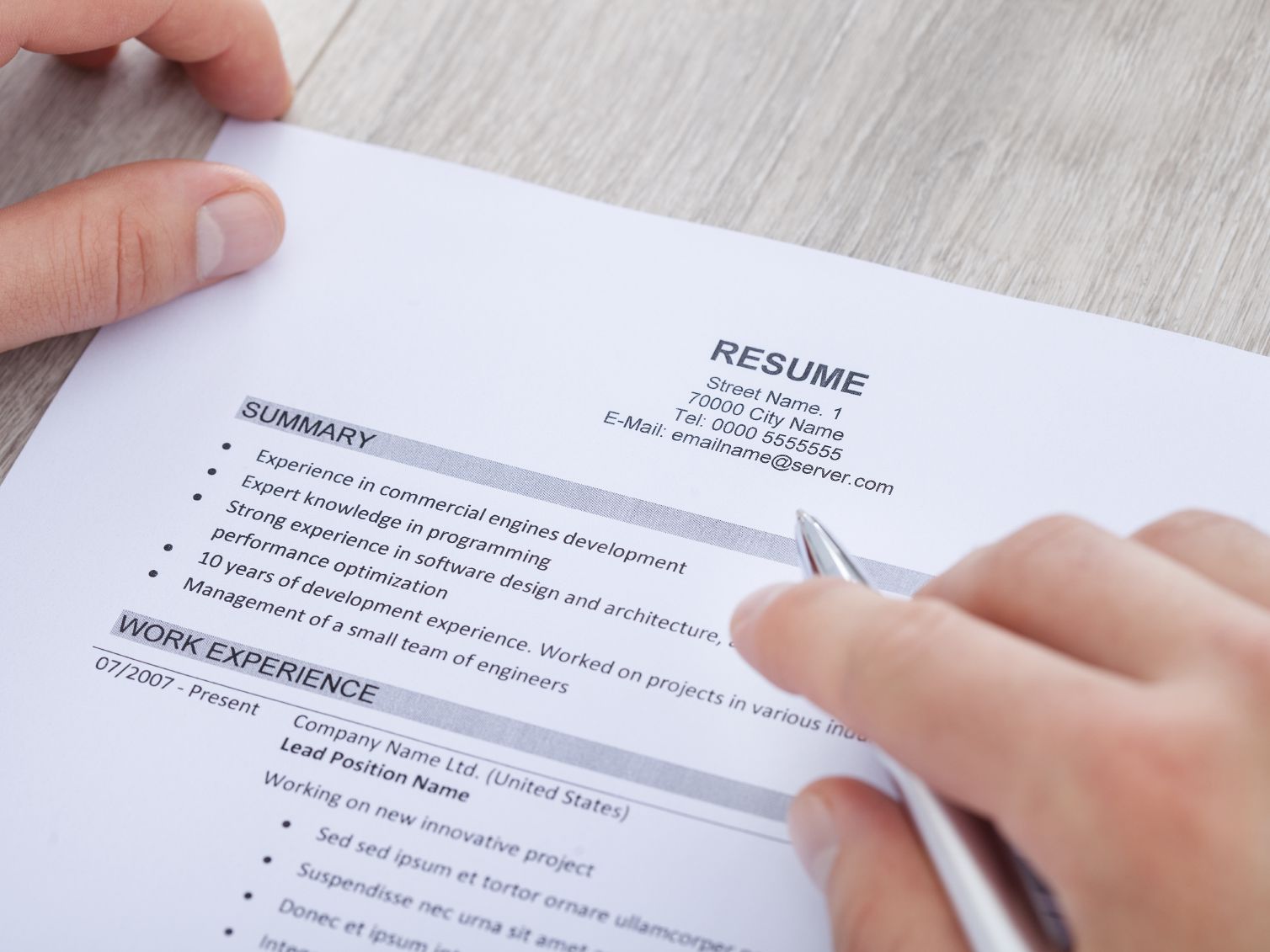Imagine this: you’re in the middle of an interview and the interviewer asks why you left your last job. How do you explain that you were dismissed from your previous job?
It can be a tricky situation, but with a suitable approach, you can turn it into a positive talking point. In this article, we will give you some tips on how to explain that you were laid off from your previous job in a smart way. Keep reading!
Explain that you were not fired
When you’re let go from a job, it’s not always because you did something wrong. Sometimes it has nothing to do with you at all—your company had to let you go because they were downsizing or going through some other kind of restructuring.
That’s what you want to explain to your interviewer. It’s not that you were fired from your previous job—you were laid off. It’s a critical distinction to make, because being fired may reflect poorly on your skills and work ethic.
Make sure to have a solid explanation ready, and be prepared to answer any questions the interviewer might have. You don’t want this issue to be the deciding factor that keeps you from getting the job you want.
The language you should use to explain
Here are some things to keep in mind when describing being laid off to an interviewer:
- Keep your explanation short and to the point. Don’t go into too much detail about why you were laid off if not prompted.
- Be sure to use the word “laid off” rather than “fired.” It sounds less severe and will make the interviewer more likely to be understanding.
- Emphasize that you’re looking for a fresh start and that you’re glad to be considered for this position. Highlight your strengths and how they make you a perfect fit for the role.
Talk about the circumstances that led to your layoff

Image Credits: in.japanese-jobs.com
If you were laid off from your previous job, be prepared to talk about the circumstances that led to your layoff. There are a few things you can do to make sure you’re ready for this conversation:
- Make sure you have a clear understanding of what happened. You don’t want to go into the interview having no idea what happened at your last job.
- Practice talking about it. This is something you need to rehearse for because you don’t want to stumble over your words when you’re in the middle of an interview.
- Don’t go into the nitty-gritty details if you’re not asked to share. You want to give the interviewer a bird’s eye view of what happened, without getting too bogged down by TMI.
If you can, try to put an optimistic spin on it by highlighting the skills and experience you gained from the position. Whatever you do, don’t lie or try to narrate the story in an untruthful way. The interviewer will see right through that via reference checks, and it will only make things more problematic for you.
Emphasize that being laid off is not a reflection of your work
Say something like, “I was laid off due to company restructuring. The HR team noted that it had nothing to do with my performance.” This will help the interviewer see that you’re a competent employee who can be a good fit for the job.
You can also talk about how you’ve been using your time since being laid off. Did you participate in volunteer work or take some time to travel and immerse in new cultures? This demonstrates that you have been using your time productively.
Whatever you do, don’t badmouth your former employer. This will only make you look unprofessional and reflect poorly on your character. Stay cheerful and focus on your anticipation for the future.
Getting laid off is a tough situation to be in, but you’re not alone. Many people have gone through the same thing. The key is, to be honest, and upfront with your interviewer. Tell them why you were let go and what you have learned from the experience. Highlight your strengths and emphasize how you can contribute to the company. Remember, your interview is an opportunity to show the employer you’re worthy of the position you’ve applied for. So go forth and ace it!











